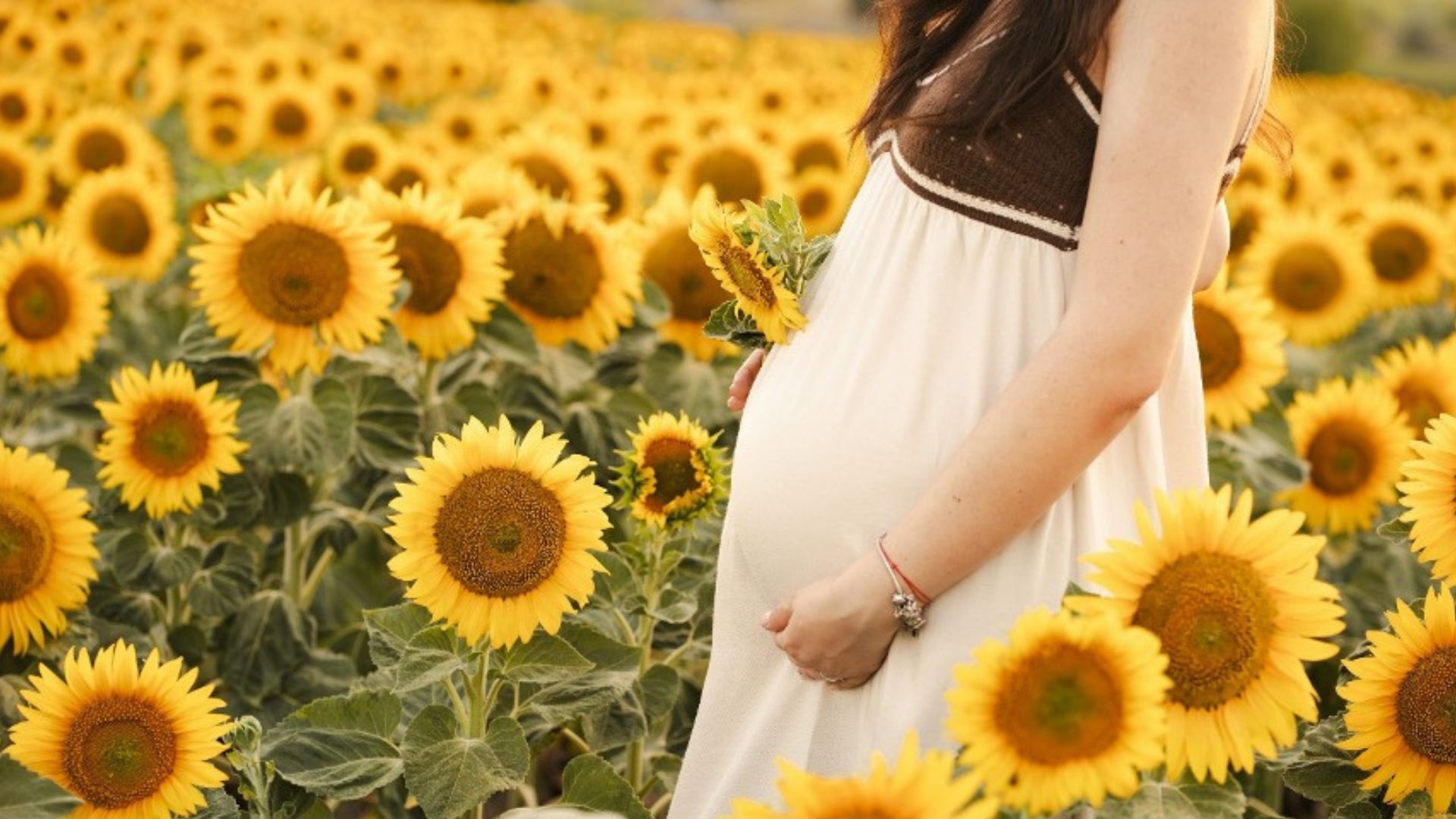Politics
Exploring the Three-Month Rule for Sharing Pregnancy News

The often unspoken practice of waiting until the three-month mark to announce a pregnancy has deep cultural and psychological roots. This tradition, prevalent across various societies, is largely informed by the medical understanding of pregnancy risks, particularly during the first trimester.
Understanding the Risks
The initial 12 weeks of pregnancy, known as the first trimester, is statistically the most precarious time for expectant parents. According to global health data, approximately 10–20% of known pregnancies end in miscarriage, with the majority occurring before the 13th week. Factors contributing to these losses include chromosome abnormalities, hormonal imbalances, and complications with implantation.
By postponing announcements, parents can shield themselves and their loved ones from potential heartbreak. Early disclosure invites well-wishers to offer congratulations and advice, creating social expectations that can become burdensome should the pregnancy not progress as hoped. The emotional toll of needing to explain a loss can intensify the grief, making silence a protective measure rather than a source of stigma.
Cultural Perspectives on Timing
The three-month waiting period is not confined to any particular culture. In Japan, for instance, women typically wait until the 安定期 (anteiki, or “stabilization period”), which also falls around week 12. Similarly, etiquette guidelines in many Western countries encourage restraint until the end of the first trimester.
Yet, as societal norms evolve, so too does the conversation around pregnancy announcements. Increasingly, couples are choosing to share their news earlier. Factors such as later maternal age, advancements in assisted reproductive technologies, and a growing openness about fertility challenges are influencing this shift.
Some couples see earlier announcements as a way to reclaim their narrative, embracing the vulnerability that comes with sharing their journey. This change reflects a broader cultural trend toward transparency and support in discussions around reproductive health.
Ultimately, the decision to wait or announce a pregnancy is a nuanced interplay of biology, emotion, and culture. It highlights the innate human desire to protect new life from scrutiny while allowing parents the space to navigate the complexities of early pregnancy privately. As societal values continue to shift, the three-month convention may evolve, balancing the need for privacy with the joy of sharing.
-

 World1 week ago
World1 week agoPrivate Funeral Held for Dean Field and His Three Children
-

 Top Stories2 weeks ago
Top Stories2 weeks agoFuneral Planned for Field Siblings After Tragic House Fire
-

 Sports3 months ago
Sports3 months agoNetball New Zealand Stands Down Dame Noeline Taurua for Series
-

 Entertainment3 months ago
Entertainment3 months agoTributes Pour In for Lachlan Rofe, Reality Star, Dead at 47
-

 Entertainment2 months ago
Entertainment2 months agoNew ‘Maverick’ Chaser Joins Beat the Chasers Season Finale
-

 Sports3 months ago
Sports3 months agoSilver Ferns Legend Laura Langman Criticizes Team’s Attitude
-

 Sports1 month ago
Sports1 month agoEli Katoa Rushed to Hospital After Sideline Incident During Match
-

 World2 weeks ago
World2 weeks agoInvestigation Underway in Tragic Sanson House Fire Involving Family
-

 Politics2 months ago
Politics2 months agoNetball NZ Calls for Respect Amid Dame Taurua’s Standoff
-

 Top Stories2 weeks ago
Top Stories2 weeks agoShock and Grief Follow Tragic Family Deaths in New Zealand
-

 Entertainment3 months ago
Entertainment3 months agoKhloe Kardashian Embraces Innovative Stem Cell Therapy in Mexico
-

 World4 months ago
World4 months agoPolice Arrest Multiple Individuals During Funeral for Zain Taikato-Fox









